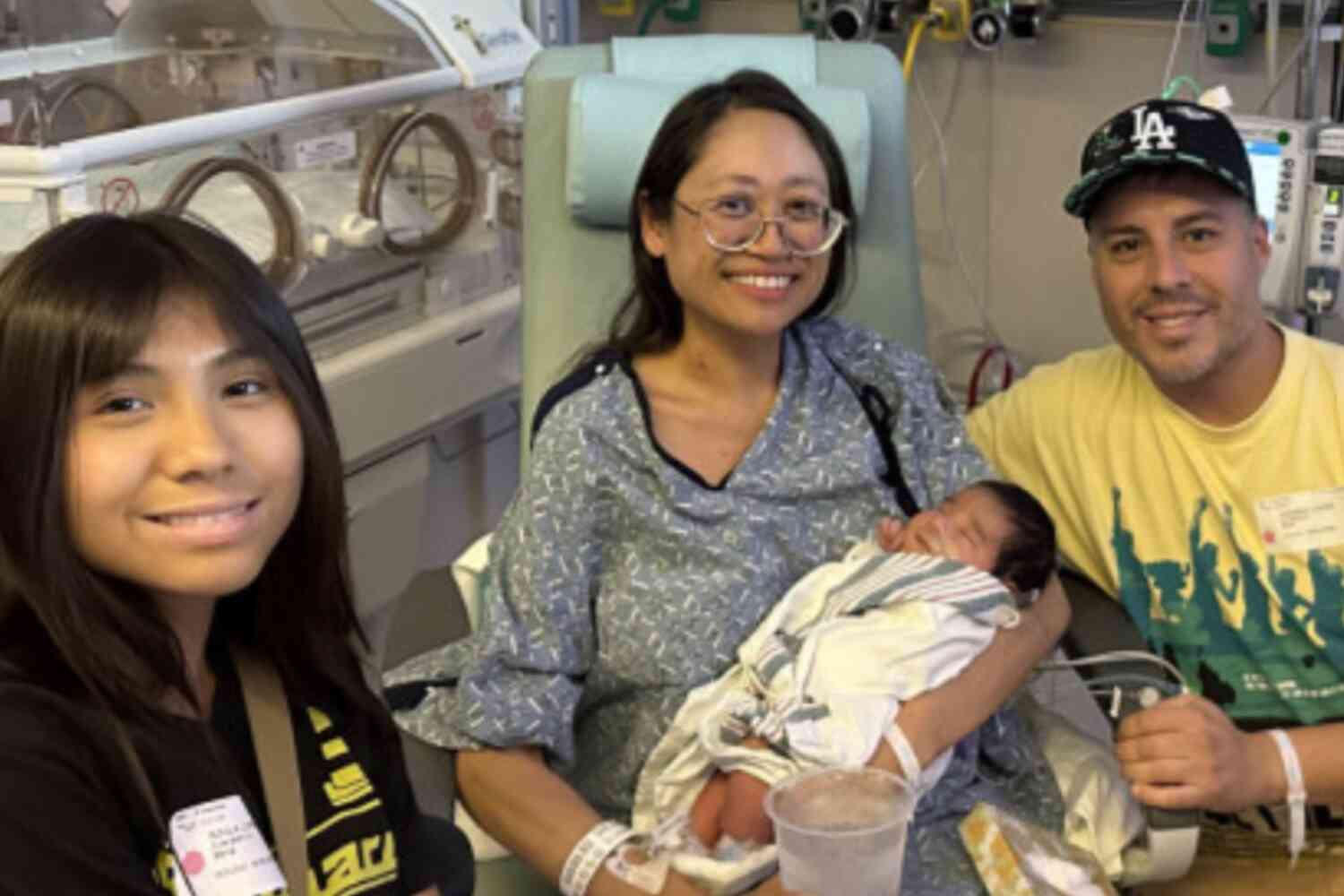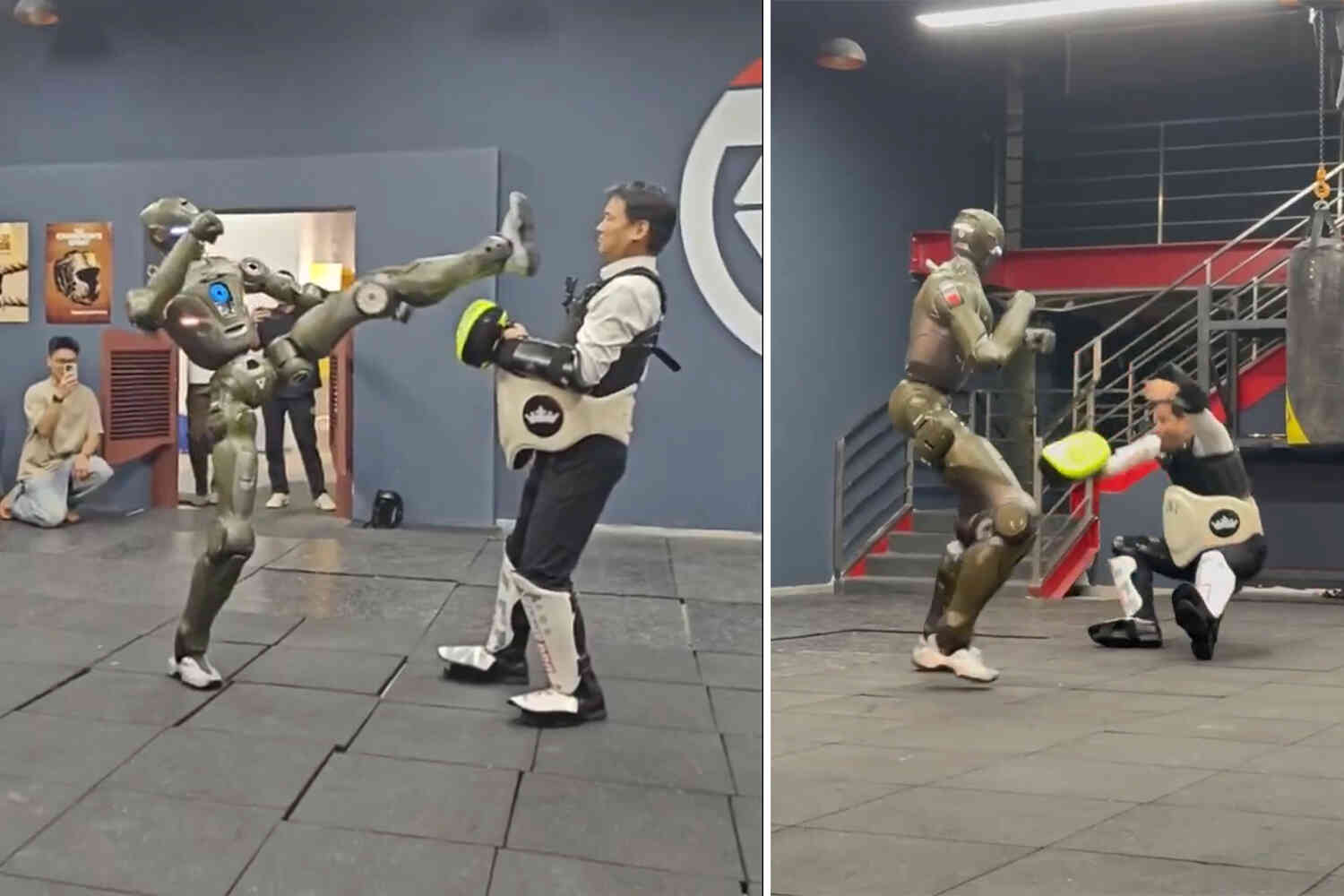During this week's confirmation hearings for Supreme Court nominee Ketanji Brown Jackson, numerous Senate Republicans derisively referenced the 2018 hearings of Justice Brett Kavanaugh, one in which Christine Blasey Ford leveled charges of attempted rape at the longtime judge.
The references to those hearings this week appear to have struck a nerve with the professional media class, judging from the headlines:
It's altogether not surprising that Republicans are still irritated by the whole saga. Those hearings were a political travesty in which a completely unverifiable and altogether dubious allegation against Kavanaugh was treated as if it were unimpeachable Gospel truth. The reputation of the Senate—or at least Senate Democrats—was forever tarnished by it.
Still, there are many people who are still unwaveringly convinced in Kavanaugh's guilt and Ford's credibility. Many seem to believe that there exists some sort of compelling evidence, somewhere, proving Ford's allegations, but that since the FBI didn't "investigate" it, and since Senate Republicans didn't allow 7,500 witnesses to take the stand during Kavanaugh's hearings, that evidence has somehow been suppressed.

The whole thing was a disgraceful mess, but quite apart from the obvious fatuousness of it all, we should not forget just how frankly unbelievable Ford's allegations were to begin with, at least if we are to assess those allegations by the same standards we might consider any other shocking and potentially true claims.
- Ford could not narrow down the month or even the year of the alleged assault, nor how old she was when it happened. She claimed at various times that it happened in 1982, "the mid-1980s," and "the early 80s." She claimed it happened in the summer but never stated the month. She claimed it happened in her "late teens," but also claimed it happened when she was 15.
- She could not name the location of the assault. She claimed it occurred at someone's house, but she couldn't say whose, nor where it was located, except that it occurred near a local country club.
- She could not remember how she got to the party nor how she got home, except that she didn't drive herself. Ford agreed during the hearing that "someone drove [her]...either to the party or home from the party," but she offered no speculation as to who might have actually done the driving.
- This is actually a rather huge omission. Ford claimed to have fled the party in a panic after Kavanaugh's alleged assault, yet apparently directly after leaving the party her mind went completely blank (though she was somehow certain that she did not drive herself home).
- Without the identity of the person who allegedly drove her home, we are missing a potential major point of corroboration (or refutation) of her claims. If you drove home a shellshocked, trembling attempted-rape victim, after all, you'd probably remember it (and if you drove home a normal, unconcerned partygoer, you'd probably remember that too).
- Nobody corroborated Ford's claims. Kavanaugh obviously denied them. So did Mark Judge, the other alleged participant in the assault. Most notably, Ford's former friend, Leyland Keyser, also said she had no memory of the party at which the assault took place. You'd expect Keyser to remember that particular evening: If your best friend simply disappeared from a party—just up and vanished—you'd probably have at least a dim recollection of that.
It is not at all surprising that Republicans are still a bit bitter at having to deal with such a farcical show trial. Democrats attempted to weaponize a dubious-at-best assault claim against a decent judge; they failed to do so, but the whole ordeal, understandably, still stings a bit.
In the future, Democrats, maybe don't do this.
P.S. Now check out our latest video 👇









